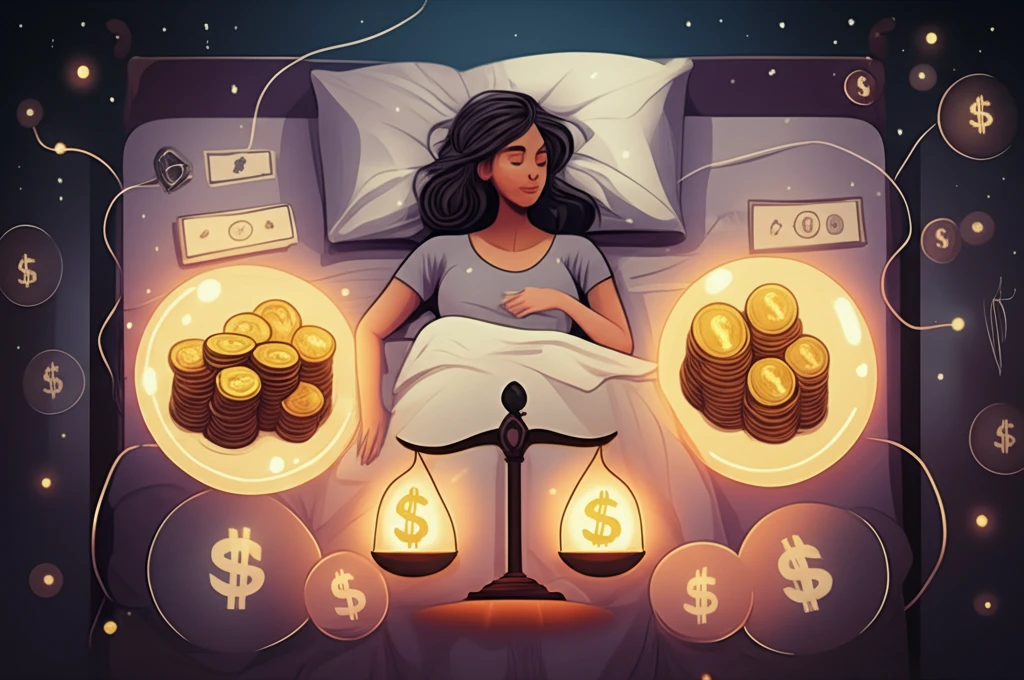
Decoding the Sleep-Well-being Connection: Is More Sleep Always Better?
"New Research Uncovers Surprising Insights into How Different Incentives Impact the Quality of Your Rest and Its Effect on Overall Health."
In our fast-paced world, sleep often feels like a luxury rather than a necessity. We're constantly bombarded with messages about productivity and maximizing our waking hours, yet the importance of sleep for our overall health and well-being cannot be overstated. From boosting our immune system to enhancing cognitive function and stabilizing our emotional state, sleep plays a pivotal role in nearly every aspect of our lives.
But how much sleep do we really need, and is it possible to have too much of a good thing? While the general recommendation hovers around seven to nine hours of quality sleep per night, new research suggests the answer may be more nuanced than a one-size-fits-all approach. A recent study, published in February 2024, delves into the intricate relationship between sleep, incentives, and well-being, revealing surprising insights that challenge some of our long-held beliefs.
This article explores the groundbreaking findings of this study, examining how different types of encouragement—verbal support versus financial rewards—affect not only the quantity but also the quality of sleep, and subsequently, our overall well-being. Get ready to rethink your sleep strategy as we unpack the science behind a truly restful and beneficial night's rest.
The Sweet Spot: How Incentives Impact the Sleep-Well-being Equation

The study, conducted in Chennai, India, involved 452 adults who participated in a 28-day experiment. Researchers divided participants into three groups: a control group, an encouragement group (provided with sleep-improving devices, information, and verbal encouragement), and an encouragement-plus-incentives group (receiving the same as the encouragement group, plus financial incentives). The aim was to understand how these different interventions affected participants' sleep patterns and their subsequent impact on physical and psychological well-being, measured using a comprehensive well-being index.
- Encouragement Group: Participants in this group showed a notable improvement in both psychological and physical well-being. The added support and information appeared to foster a healthier sleep environment, leading to tangible benefits.
- Encouragement + Incentives Group: Surprisingly, this group did not report the same improvements in well-being, despite also sleeping more on average. The researchers suggest the incentives may have altered the nature of their sleep, potentially increasing stress or reducing the restorative qualities of their rest.
- Control Group: This group had no change.
Optimize Your Sleep
The key takeaway from the study is that a holistic approach to sleep is far more effective than simply chasing more hours in bed. Prioritize creating a relaxing and supportive sleep environment, seek encouragement from loved ones or professionals, and be wary of relying solely on external motivators like financial incentives. By focusing on the quality and context of your sleep, you can unlock the full potential of a good night's rest and pave the way for a healthier, happier you.
